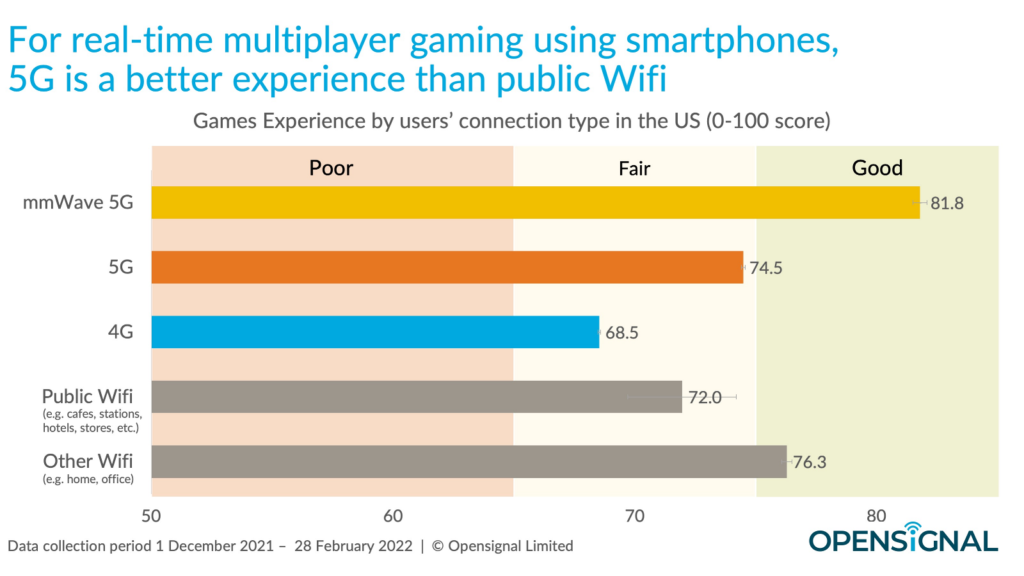Quantum computing relies on quantum bits or qubits, which are highly sensitive to environmental changes like temperature fluctuations. Current quantum computers struggle to maintain error-free coherence for extended periods, even when operated in ultra-cold refrigerators close to absolute zero.
Researchers at the Universities of Melbourne and Manchester have developed a groundbreaking method to produce ultra-pure silicon, a crucial advancement towards building powerful quantum computers. This exceptionally pure silicon is ideal for creating quantum computers at scale with high precision, utilizing qubits made of phosphorous atoms embedded in pure silicon crystals.
This innovation addresses a key challenge in quantum computing by extending the duration of fragile quantum coherence. The enhanced coherence provided by this new technique allows quantum computers to tackle complex problems in a fraction of the time it would take traditional or supercomputers.
Professor Richard Curry from the University of Manchester noted that ultra-pure silicon enables the construction of high-performance qubit devices, a key element in the development of scalable quantum computers.
Ravi Acharya, a Cookson Scholar from the University of Manchester and the University of Melbourne, highlighted the advantage of silicon chip quantum computing, which leverages existing techniques used in today’s computer chips. The breakthrough in silicon purity overcomes previous limitations in creating high-quality silicon qubits, paving the way for reliable quantum computers.
With highly purified silicon chips housing qubits, quantum coherence is significantly prolonged, allowing for complex calculations with minimal error correction. This advancement holds the potential for transformative applications across various fields such as artificial intelligence, data security, healthcare, energy, and manufacturing.
The researchers’ method involves replacing silicon-29 atoms with silicon-28 atoms in a silicon chip using a focused beam, reducing impurities to an unprecedented level. This purification process, achievable with standard equipment like an ion implanter, has opened new possibilities for creating powerful quantum computers.
The University of Melbourne has set a world record for single-qubit coherence using less pure silicon in collaboration with the ARC Centre of Excellence for Quantum Computation and Communication Technology. With the ability to sustain quantum coherence for multiple qubits, the potential for a reliable quantum computer surpassing current supercomputers is within reach.
Funding from the Australian and UK governments supported this research, with additional support from a Royal Society Wolfson Visiting Fellowship for collaboration between Professor Jamieson and the University of Manchester.
Journal Reference:
- Acharya, R., Coke, M., Adshead, M. et al. Highly 28Si enriched silicon by localized focused ion beam implantation. Commun Mater 5, 57 (2024). DOI: 10.1038/s43246-024-00498-0



